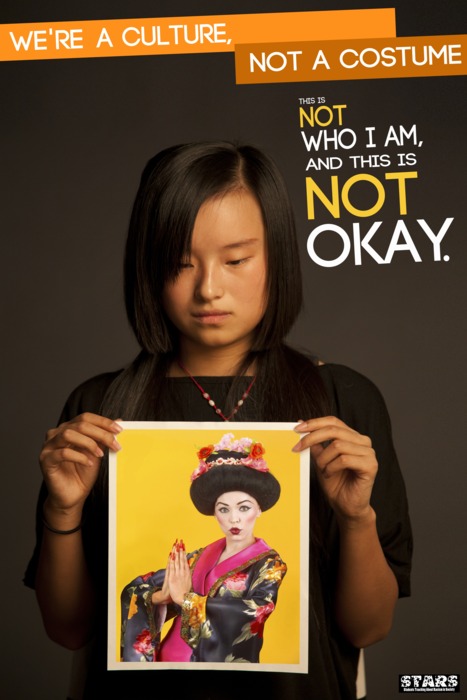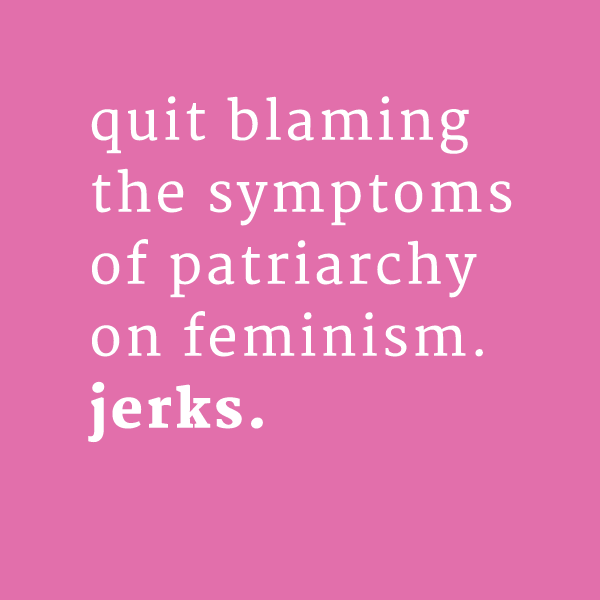I feel a little uncomfortable with my last post for a few different reasons. Not the least of which was a message I received from a really smart friend of mine. He made me realize that my last post really didn’t contain *my* voice. In order to explain what was missing from my analysis of ‘race’ and appropriation, I’d like to talk a little about humour.
I have a lot to say about humour. In fact, I’ve said many times that a good comedian is a good sociologist; they are able to direct our attention to the absurdities of the taken-for-granted social world, and reframe in hilarious and relatable ways what we typically think of as mundane. An excellent comedian, in my opinion, is able to do this, while revealing something insightful politically. That is the sociologist in me, who believes that if you’re going to represent the taken-for-granted world, you should have something to say about it, and whatever you have to say should be a critique of the status quo and lend support to those who hold less political power. I know, hilarious, right?
This whole issue was highlighted about two years ago when Daniel Tosh made a rape joke at his show. He was rightfully criticized by feminists, and good humans in general. The ‘feminist consensus’ (haha… that’s like the most oxymoronical oxymoron ever) around rape jokes at the time is that ‘rape is never funny’, so don’t joke about rape. I was always uncomfortable with this rigid, and quite frankly uncritical stance. And as it turns out, so were other feminists. Perhaps some rape based jokes are funny, especially those that that are constructed in a way that challenge the rapist, and do not occur at the expense of (potential) rape victims. For example, Jessie Kahnweiler’s “Meet my Rapist” is powerful example of a rape victim using humour and irreverence to challenge rape culture. This is a great use of humour.
In response to my last post, my friend also suggested that Halloween is not just about mischief and mockery, but for many others, it is about “wit and satire”. And the dude is right. The notion that ‘rape is never funny’, so all rape jokes are wrong, is just a facile, and logically flawed as saying that ‘racism is wrong’, so all costumes that implicate ‘race’ are wrong. Both are logical fallacies, especially when we think about how ‘race’ based costumes, like rape jokes can be done responsibly.
The formula is simple: At whose expense is the joke being made? Are we being encouraged to laugh at those who already encounter societal oppression (rape victims, women, or racialized people) or those who currently benefit from the oppression (rapists, racism, white privilege or rape culture)? In being encouraged to see the absurdity of privilege, the status quo is challenged, and therefore your joke or costume is progressive. Although I’m quite positive that it is not that simple.
For example, as my friend suggests, what about a white person using their body to depict “Paula Deen in Blackface?” Who would we be laughing at here? Clearly the intention would be a humourous critique of Paula Deen’s own brand of Showboatesque racism. That said, the effectiveness of irony and irreverence has just as much to do with the sophistication of the audience’s politics and awareness as it does the producer. Satirical humour requires and active audience to make sense of the performer’s intention. So, context would be important to consider.



